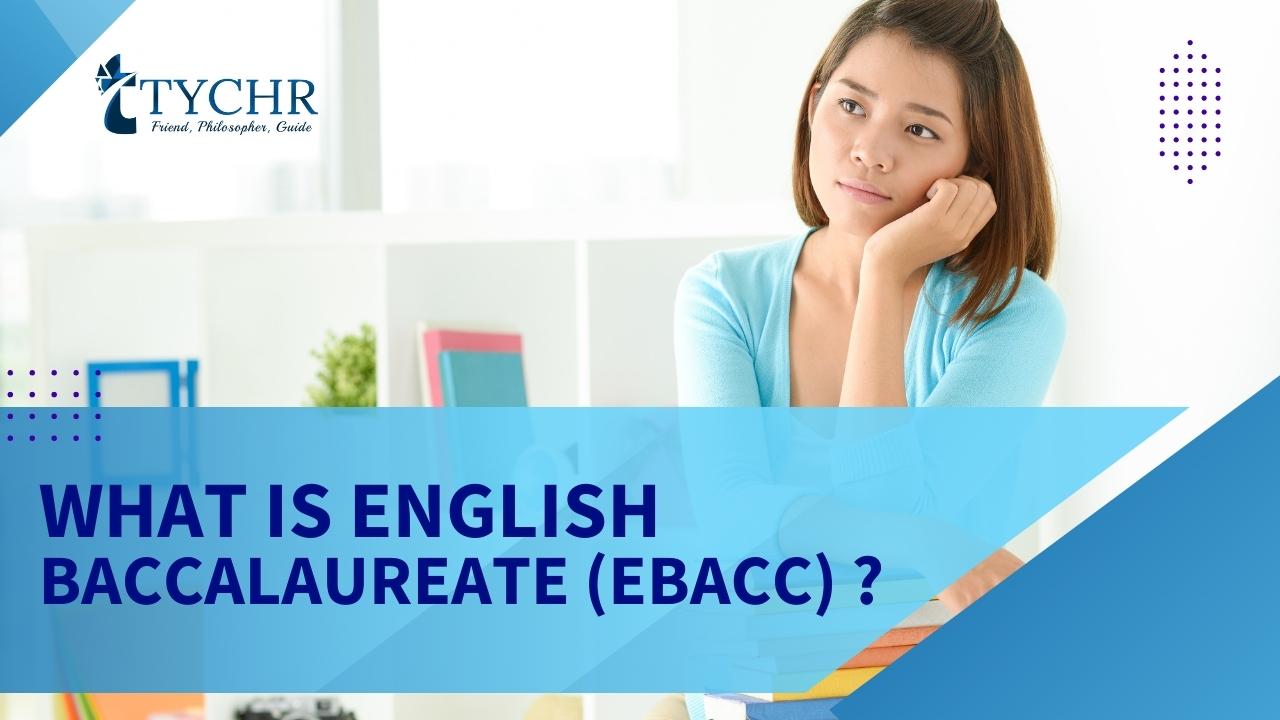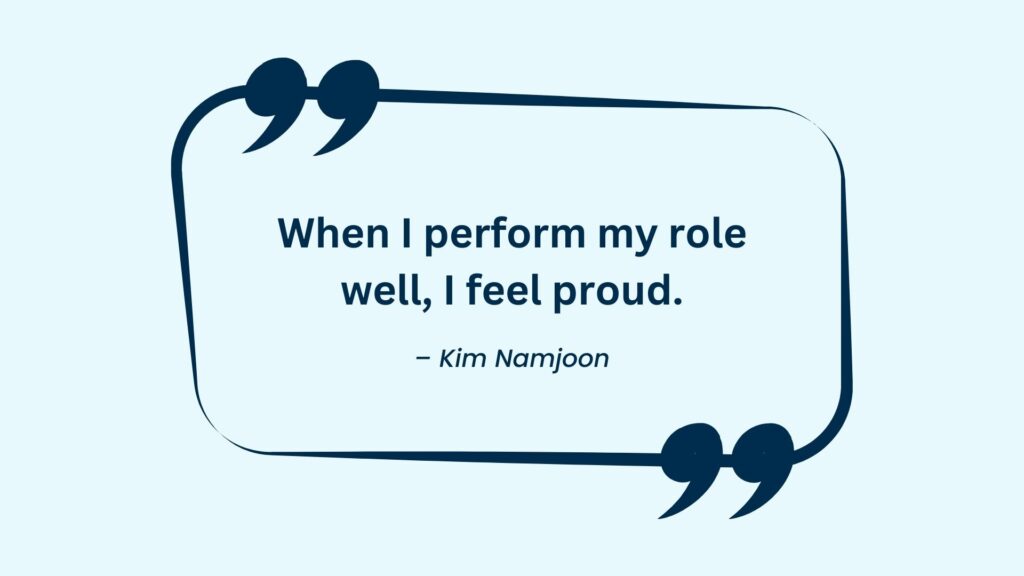Table of Contents
- 1 EBacc measures
- 2 Should you take EBacc subjects?
- 3 Frequently Asked Questions (FAQs)
- 3.1 Q1: What is the English Baccalaureate (Ebacc)?
- 3.2 Q2: Which subjects are included in the English Baccalaureate?
- 3.3 Q3: Is the English Baccalaureate a qualification in its own right?
- 3.4 Q4: Is it mandatory for students to take the subjects included in the English Baccalaureate?
- 3.5 Q5: How is the English Baccalaureate used in school performance measures?
The English Baccalaureate or the EBacc is a way to measure accountability in schools in England amongst their students. It was first applied in 2010. Keep in mind that it is not a qualification either. However, the idea of having an English Baccalaureate certificate was proposed by the Coalition Government in 2012, but this was not adopted. Reforms to GCSE qualifications were pursued instead.
In summary, it is a way for the government and the parents to measure and compare the number of students getting a grade C or above in certain academic focused GCSE’s. The subjects they have are generally the ones asked by the universities. This could benefit you when you start thinking about college admissions. Although you may not need to study all of them, it is better to keep the choices steered towards the English Bac subjects. Their subjects include:
- English language and literature – To count towards the English part of the EBacc, pupils need to take both English literature and English language GCSE exams.
- Mathematics
- The Sciences – Pupils need to take one of the following options:
- GCSE combined science – pupils take 2 GCSEs that cover the 3 main sciences, biology, chemistry and physics
- 3 single sciences at GCSE – pupils choose 3 subjects from biology, chemistry, physics and computer science
- Geography or History
- A language – Taking any ancient or modern foreign language GCSE counts towards the languages part of the English Baccalaureate (EBacc).
The Coalition Government stated that the principal purpose of the new measure was to increase the take-up of ‘core’ academic qualifications that best equipped a pupil for progression to further study and work.
The subject composition of the English Baccalaureate (EBacc) has been consistent since its introduction, aside from the addition in 2014 of some computing qualifications within the sciences aspect of the measure. Concerns have been raised about the impact on subjects that are not included. The decision not to include religious education was particularly controversial, along with creative subjects such as art and music.
Also Read – Top 10 European universities requirements for admissions
EBacc measures
Secondary schools are measured based on the number of pupils that take GCSE’s in these core subjects and also how well they do in said subjects. However, the pupil’s attainment is calculated using an average point score meaning tat all results at all grades count towards EBacc.
To calculate a school’s EBacc, you add together the EBacc average point score for all the students at the end of key stage 4 and divide by the number of students in the group. On the contrary, to calculate a student’s EBacc average point score, you take an average of the points scored in the 5 EBacc subject areas. To be clear, EBacc is a performance measure for schools and not a qualification for the students. Hence, the individual average point scores of the pupils will not be published online.
The impact EBacc has had on students is considered essential for degrees hence opening a lot of doors. The socio-economic background of the student greatly impacts their opportunities beyond school depending on the subjects they choose.
Should you take EBacc subjects?
Universities will be most likely to look for specific GCSE grades in English, Mathematics and possibly Science – nevertheless, it is mandatory to choose these subjects. It’s up to you to decide whether to take one or more of the optional subjects. On the plus side, taking a mix of these will ensure you can be more flexible in your university course choices later down the line – especially if you’re not sure what you want to do yet.
https://www.gov.uk/government/publications/english-baccalaureate-ebacc/english-baccalaureate-ebacc
https://www.theuniguide.co.uk/advice/gcse-choices-university/whats-the-english-baccalaureate
https://commonslibrary.parliament.uk/research-briefings/sn06045/
https://www.culturallearningalliance.org.uk/briefings/what-is-the-ebacc/
Frequently Asked Questions (FAQs)
Q1: What is the English Baccalaureate (Ebacc)?
A: The English Baccalaureate, commonly known as the Ebacc, is a performance measure that was introduced in England in 2010. It is awarded to students who achieve a specific set of grades in a combination of core academic subjects at the end of Key Stage 4, typically at the age of 16.
Q2: Which subjects are included in the English Baccalaureate?
A: The subjects included in the Ebacc are English, mathematics, science, a modern foreign language, and either history or geography.
Q3: Is the English Baccalaureate a qualification in its own right?
A: No, the Ebacc is not a qualification in itself, but rather a performance measure used by the Department for Education to track and compare the academic performance of schools and students in England.
Q4: Is it mandatory for students to take the subjects included in the English Baccalaureate?
A: No, it is not mandatory for students to take the subjects included in the Ebacc. However, schools are incentivized to promote these subjects as they are considered to be core academic subjects that provide a good foundation for further study and future careers.
Q5: How is the English Baccalaureate used in school performance measures?
A: The English Baccalaureate is used as a performance measure in school league tables, which rank schools based on various criteria, including the proportion of students who achieve the Ebacc. The measure is also used by the government to monitor trends in subject choice and academic performance over time.











